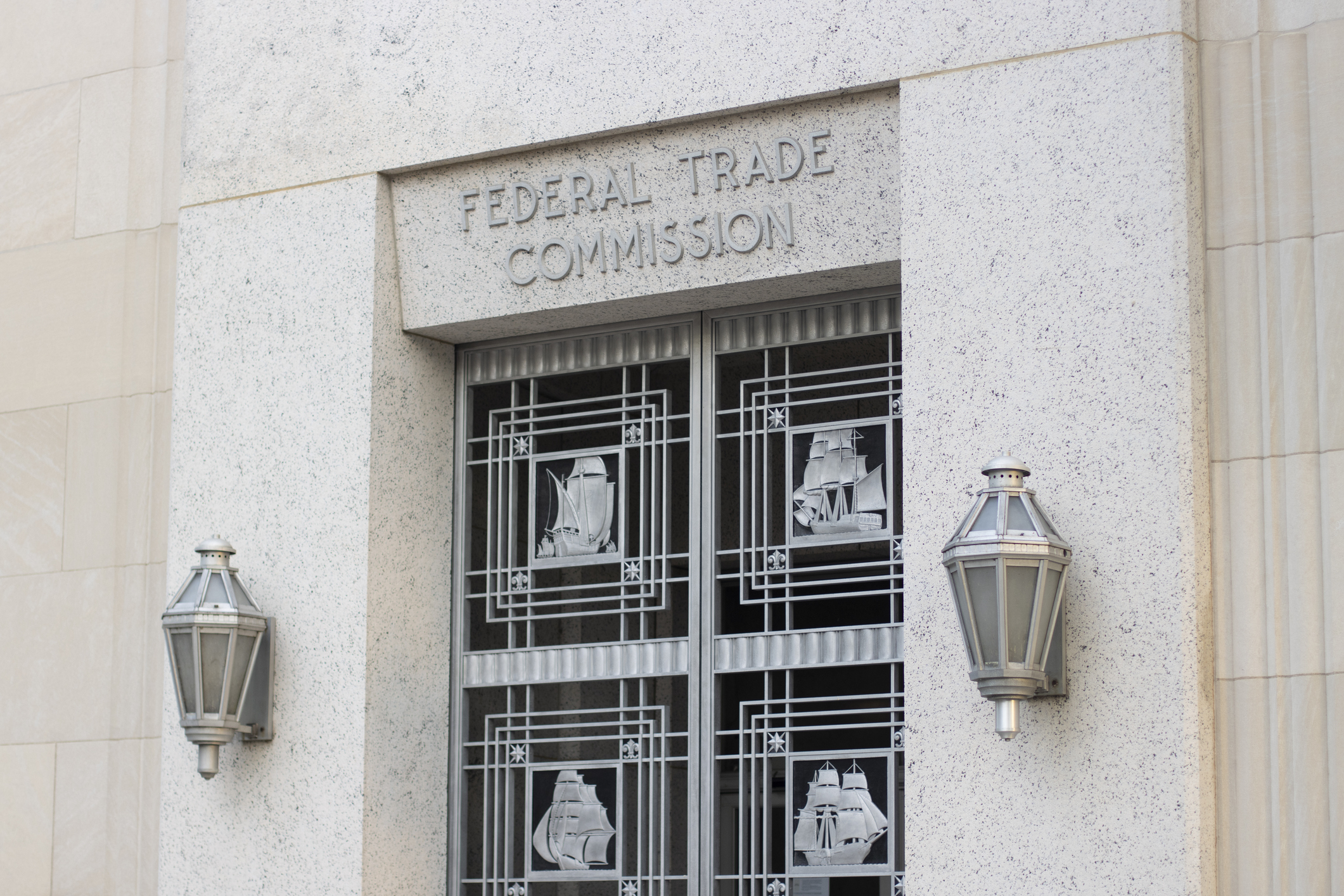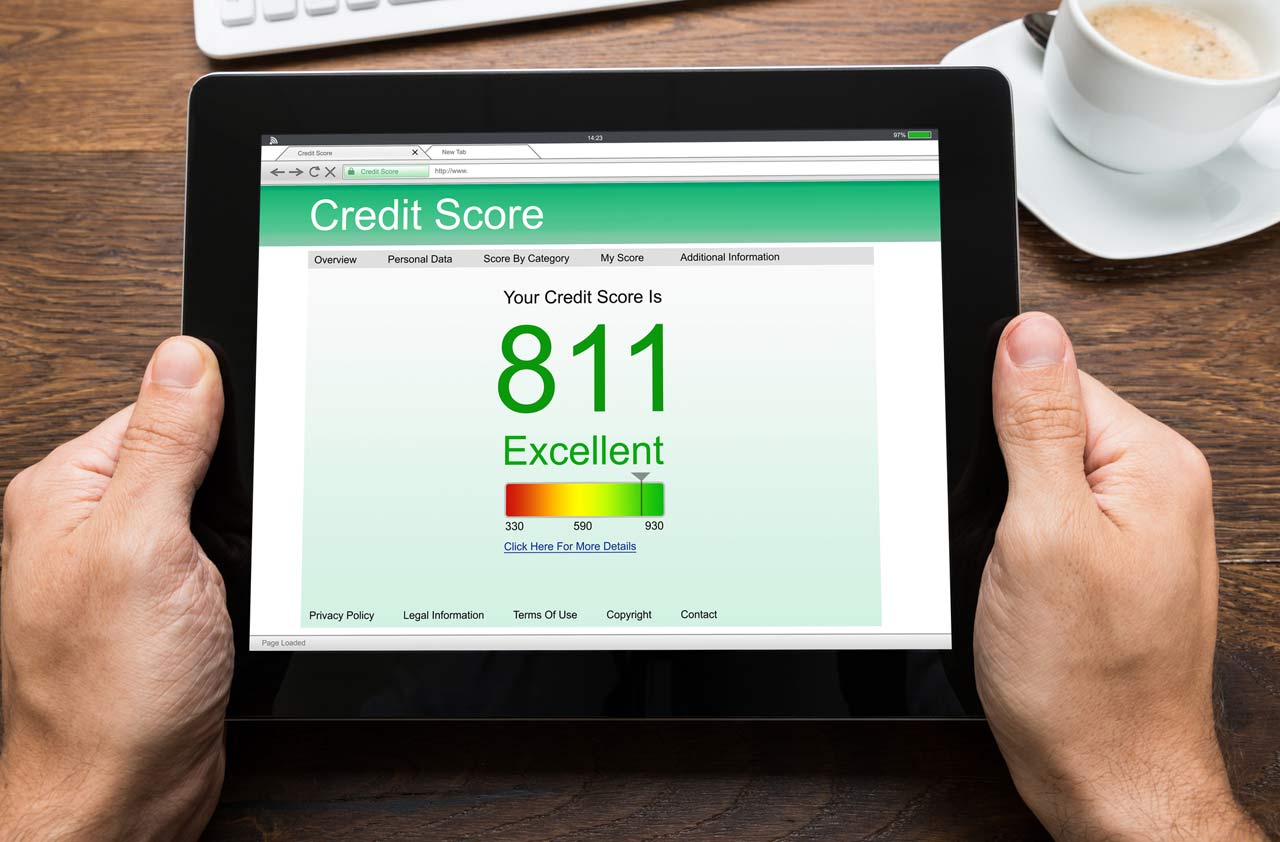H&R Block Faces Hefty $7 Million Fine: What It Means for Taxpayers
A tax prep industry giant was accused of deceiving customers and making downgrading difficult.


Profit and prosper with the best of Kiplinger's advice on investing, taxes, retirement, personal finance and much more. Delivered daily. Enter your email in the box and click Sign Me Up.
You are now subscribed
Your newsletter sign-up was successful
Want to add more newsletters?

Delivered daily
Kiplinger Today
Profit and prosper with the best of Kiplinger's advice on investing, taxes, retirement, personal finance and much more delivered daily. Smart money moves start here.

Sent five days a week
Kiplinger A Step Ahead
Get practical help to make better financial decisions in your everyday life, from spending to savings on top deals.

Delivered daily
Kiplinger Closing Bell
Get today's biggest financial and investing headlines delivered to your inbox every day the U.S. stock market is open.

Sent twice a week
Kiplinger Adviser Intel
Financial pros across the country share best practices and fresh tactics to preserve and grow your wealth.

Delivered weekly
Kiplinger Tax Tips
Trim your federal and state tax bills with practical tax-planning and tax-cutting strategies.

Sent twice a week
Kiplinger Retirement Tips
Your twice-a-week guide to planning and enjoying a financially secure and richly rewarding retirement

Sent bimonthly.
Kiplinger Adviser Angle
Insights for advisers, wealth managers and other financial professionals.

Sent twice a week
Kiplinger Investing Weekly
Your twice-a-week roundup of promising stocks, funds, companies and industries you should consider, ones you should avoid, and why.

Sent weekly for six weeks
Kiplinger Invest for Retirement
Your step-by-step six-part series on how to invest for retirement, from devising a successful strategy to exactly which investments to choose.
In a significant development that could impact taxpayers, the Federal Trade Commission (FTC) has finalized a settlement with H&R Block, one of the nation's leading tax preparation companies.
The order, announced Thursday, mandates changes to H&R Block's advertising and customer service practices for the upcoming 2025 and 2026 tax seasons.
The settlement addresses long-standing issues in the tax preparation industry, particularly the practice of upselling and the difficulties consumers face when trying to access genuinely free tax filing options. Here’s more of what you need to know.
From just $107.88 $24.99 for Kiplinger Personal Finance
Become a smarter, better informed investor. Subscribe from just $107.88 $24.99, plus get up to 4 Special Issues

Sign up for Kiplinger’s Free Newsletters
Profit and prosper with the best of expert advice on investing, taxes, retirement, personal finance and more - straight to your e-mail.
Profit and prosper with the best of expert advice - straight to your e-mail.
H&R Block misleading tax filing practices
The settlement comes in response to a February 2024 FTC complaint that accused H&R Block of engaging in unfair and deceptive practices.
As Kiplinger has reported, the company denied the allegations, which included making it difficult for consumers to downgrade to less expensive tax preparation products and misleadingly advertising H&R Block's "free" tax filing services.
H&R Block must pay $7 million, which will reportedly be used to compensate affected consumers.
Here are other key points of the settlement.
- By February 15, 2025, H&R Block must implement a system allowing consumers to downgrade products through automated means, like chatbots, rather than requiring them to contact customer service directly.
- The tax prep company must, by 2026, stop deleting consumers' previously entered information (data wiping) when they downgrade products.
- H&R Block is now obligated to disclose in its "free" product advertisements either the percentage of taxpayers eligible for these products or state that most taxpayers don't qualify.
What happened to some H&R Block customers?
According to the FTC, consumers who tried to downgrade to a less expensive H&R Block product were unnecessarily forced to contact customer service. When customers finally succeeded with the downgrade, they were penalized by having their data wiped, which forced them to start over.
As a result, the FTC contended that some consumers chose to stick with the more expensive product, even when it wasn't needed. Some of these customers were reportedly misled into selecting the more expensive product.
The agency also alleged that H&R Block had been running deceptive ads for years.
Although the company made some changes to its advertising, what the FTC describes as vague statements and hard-to-find information continued to mislead consumers into thinking they could file for free when they didn’t qualify.
Note: It's important to remember that your income, age in some cases, and the complexity of your federal income tax return are some factors that determine which free tax filing options you can use and which are best for you.
Additionally, no matter the service you select, various eligibility criteria may make you ineligible to use the free versions of certain products and services.
Regarding the settlement, a spokesperson for H&R Block provided the following statement to Kiplinger.
"H&R Block prides itself in providing consumers with quality online tax preparation products, which has never been an issue in this matter. Many of the changes in the settlement have either already been made or are in process. We are pleased to put this behind us so we can focus on serving our clients during the 2025 tax season."
Free tax filing impact
These changes are expected to improve the tax filing experience for millions of U.S. taxpayers.
Samuel Levine, Director of the FTC's Bureau of Consumer Protection, emphasized the importance of this action, stating in a release, "American taxpayers who seek tax-filing help should be able to choose the services they need—and know the truth about how much they'll pay.”
The FTC hopes to reduce consumer frustration and financial burden during tax season by requiring H&R Block to be more transparent about its "free" offerings and making it easier for consumers to choose appropriate products.
As the 2025 tax season approaches, taxpayers should be aware of these upcoming changes and their rights when using tax filing services.
For example, last year, the FTC found that Intuit, maker of Turbo Tax, misled consumers with "free" tax products and services many people were not eligible for. The Commission found this to violate the Federal Trade Commission Act, which prohibits deceptive acts and practices.
At the time, Intuit said it had “always been clear, fair, and transparent with its customers and was committed to free tax preparation.”
This story has been updated to include a comment from H&R Block.
Related
- FTC: H&R Block Data Wiping and Upgrade Policies Harm Taxpayers
- Did You Overpay for H&R Block Tax Filing?
- FTC Says Inutit Turbo Tax-Free Filing Ads Are Deceptive
- Ways to File Taxes for Free
Profit and prosper with the best of Kiplinger's advice on investing, taxes, retirement, personal finance and much more. Delivered daily. Enter your email in the box and click Sign Me Up.

Kelley R. Taylor is the senior tax editor at Kiplinger.com, where she breaks down federal and state tax rules and news to help readers navigate their finances with confidence. A corporate attorney and business journalist with more than 20 years of experience, Kelley has helped taxpayers make sense of shifting U.S. tax law and policy from the Affordable Care Act (ACA) and the Tax Cuts and Jobs Act (TCJA), to SECURE 2.0, the Inflation Reduction Act, and most recently, the 2025 “Big, Beautiful Bill.” She has covered issues ranging from partnerships, carried interest, compensation and benefits, and tax‑exempt organizations to RMDs, capital gains taxes, and energy tax credits. Her award‑winning work has been featured in numerous national and specialty publications.
-
 Quiz: Do You Know How to Avoid the "Medigap Trap?"
Quiz: Do You Know How to Avoid the "Medigap Trap?"Quiz Test your basic knowledge of the "Medigap Trap" in our quick quiz.
-
 5 Top Tax-Efficient Mutual Funds for Smarter Investing
5 Top Tax-Efficient Mutual Funds for Smarter InvestingMutual funds are many things, but "tax-friendly" usually isn't one of them. These are the exceptions.
-
 AI Sparks Existential Crisis for Software Stocks
AI Sparks Existential Crisis for Software StocksThe Kiplinger Letter Fears that SaaS subscription software could be rendered obsolete by artificial intelligence make investors jittery.
-
 PODCAST: Decoding ESG Investing with Ellen Kennedy
PODCAST: Decoding ESG Investing with Ellen KennedyBecoming an Investor Environmental, social and governance investing is simpler than it sounds, and has a profitable track record to boot.
-
 Don’t Be Afraid to Do Your Own Taxes
Don’t Be Afraid to Do Your Own Taxestaxes Even if you have to pay for tax software, it’s cheaper than hiring a tax preparer.
-
 The Best Personal-Finance Websites, Apps and Software of 2016
The Best Personal-Finance Websites, Apps and Software of 2016Technology Get a jump on your 2017 finances with these solid financial tools and games.
-
 5 Steps to Hiring a Tax Pro
5 Steps to Hiring a Tax Protaxes Need professional help with your return? Here's how to find the right person for the job.
-
 10 Best Personal-Finance Tools to Better Manage Your Money
10 Best Personal-Finance Tools to Better Manage Your MoneyBudgeting Take control of your finances with these budgeting and credit sites, tax software, health care tools and more.